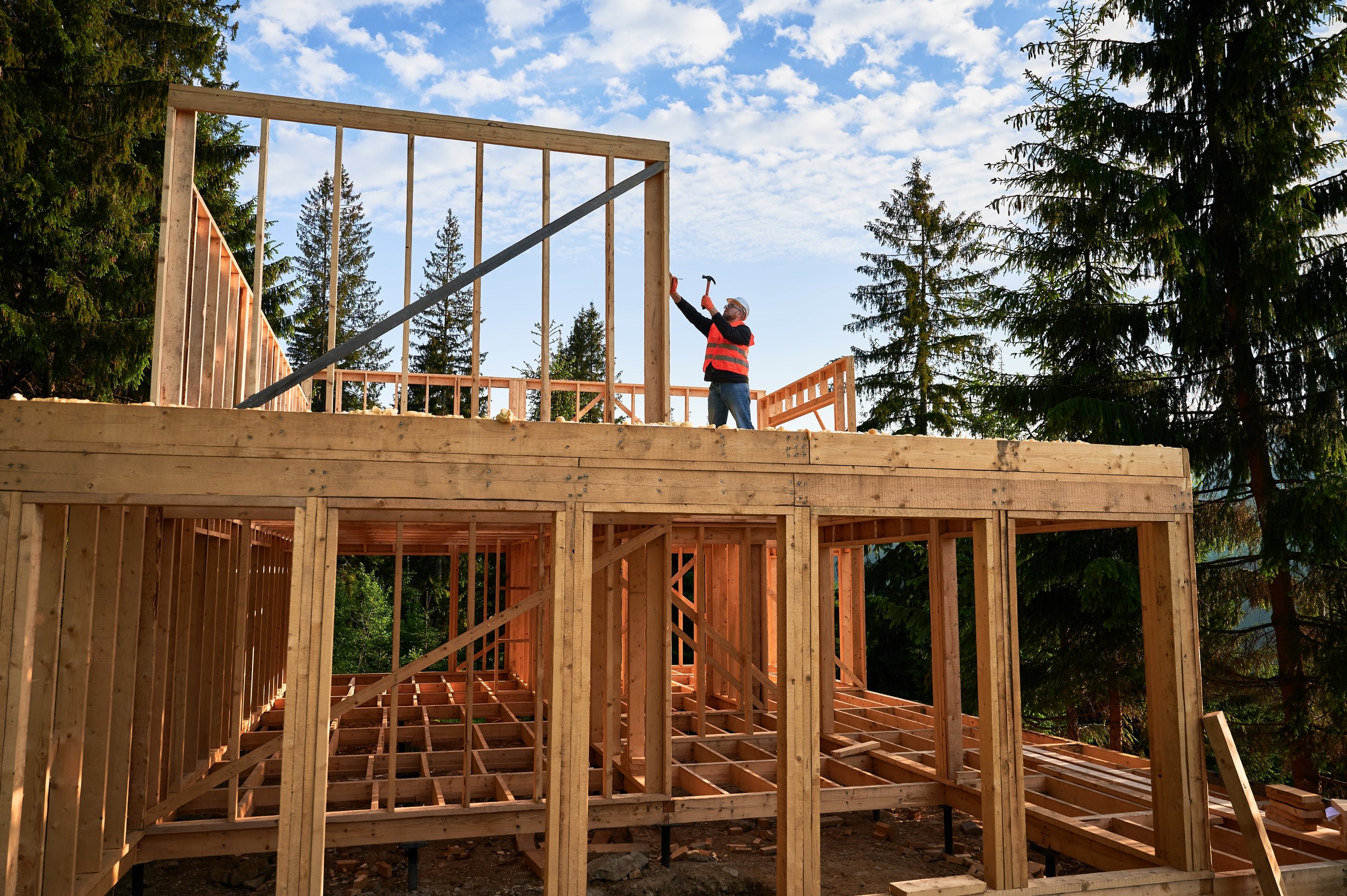Purchasing property in Cyprus requires careful budgeting, particularly regarding associated costs that may be perceived as high by British and North American buyers.
On average, it is important to allow for additional expenses amounting to approximately 10% on top of the purchase price to cover taxes and professional fees. Additionally, sellers should factor in up to 5% for the real estate agent’s commission.
Download the Cyprus Buying Guide
Contents

Buying costs on resale property in Cyprus
Buying costs can vary based on the property’s value and type. The commission for real estate agents is typically borne by the seller, with fees ranging from 2% to 5% of the sales price.
Legal fees: Engaging a lawyer for the conveyancing process and liaising with local authorities usually incurs legal fees of about 1% to 2% of the property’s purchase price. This is a necessary cost to ensure the legalities of the transaction are handled properly.
Property transfer fees: Applicable solely to resale properties, the transfer fees have a tiered structure: 3% on the first €85,000, 5% on the next €85,000 (up to €170,000), and 8% on the portion exceeding €170,000. Notably, these fees are reduced by 50% for resale properties. For instance, for an €85,000 property, the calculation is as follows:
- €85,000 x 3% / 2 = €1,275
For a €250,000 property, the calculation would be:
- (€85,000 x 3%) / 2 = €1,275
- (€85,000 x 5%) / 2 = €2,125
- (€80,000 x 8%) / 2 = €3,200
Total transfer fees would then amount to €6,600.
Furthermore, be cautious: if the Land Registry deems the contract price undervalued compared to the market, they may impose the full transfer fee.
Stamp duty: Stamp duty applies to the purchase agreement value, with current rates as follows: for €0 to €5,000, no duty; €5,001 to €170,000, 0.15%; and above €170,000, 0.2%. Thus, for our previously mentioned €85,000 property, stamp duty would amount to €120 and for the €250,000 home, €408.
Land registry fees: Typically managed by your lawyer, land registry fees are minimal but should still be considered in your overall budgeting for purchasing a property.
Property insurance: If seeking credit from a Cypriot bank, securing property insurance is essential. Often overlooked, this hidden cost should be factored into your overall financial plan; you can shop around for various insurance options similarly to how you would in other countries.
For a closer look at the purchase process, claim your free copy of our Cyprus Buying Guide:
Download the Cyprus Buying Guide
Buying costs on new-build property in Cyprus
For new-build properties, the most relevant additional cost involved is Value Added Tax (VAT). Standard VAT in Cyprus is 19%, but a reduced rate of 5% may apply under specific conditions:
- The buyer is an individual.
- The property serves as the buyer’s primary residence or holiday home.
- The property will not be rented out.
- This is the buyer’s first property subject to the 5% VAT rate.
The 5% VAT applies to the first €350,000 of the property value. However, if the value exceeds €475,000, the entire purchase becomes subject to the full 19% VAT. Additionally, the reduced VAT applies only to the first 130 square metres; any area above 190 square metres would incur the full VAT rate.
It is crucial to ensure accurate calculations based on property size and when the planning permit was obtained, as these details can significantly impact the applicable VAT rate.
Buyers should be aware that if they claim the 5% VAT and sell the property within ten years, they may be required to pay the remaining 14%. Other costs typically mirror those associated with resale properties.
Local property tax (post-purchase)
Upon purchasing a property, owners become liable for local property taxes, similar to Council Tax in the UK. These taxes are paid to local municipalities and are calculated based on the Land Registry’s assessment of the property value as of 2013. For further information and guidance on local property taxes, visit our dedicated taxes in Cyprus page.
In conclusion, understanding and anticipating the costs associated with buying property in Cyprus is crucial for a seamless purchasing experience. It is advisable to conduct thorough research and consult with local professionals to ensure clarity on all potential expenses.
If you’re wondering where to buy property in Cyprus based on your budget and financial goals, our location-by-location guide will help you compare regions. You can also explore our complete overview of how to buy property in Cyprus, covering every step from finance to legal requirements.
FAQs about Cyprus property buying costs
You should budget approximately 10% of the purchase price for legal fees, taxes, and other expenses. If you’re selling, allow up to 5% for the agent’s commission.
Yes. VAT on new builds is normally 19%, but you may qualify for a reduced 5% rate if it’s your primary or holiday residence, under specific size and value conditions.
Transfer fees apply only to resale properties and are calculated on a tiered system. These fees are reduced by 50% for qualifying resale purchases.
Yes, stamp duty is calculated based on the property value. Rates range from 0.15% to 0.2% depending on the purchase price.
Local property taxes are paid annually to your municipality and are based on the Land Registry’s 2013 valuation. These are similar in function to UK Council Tax.









